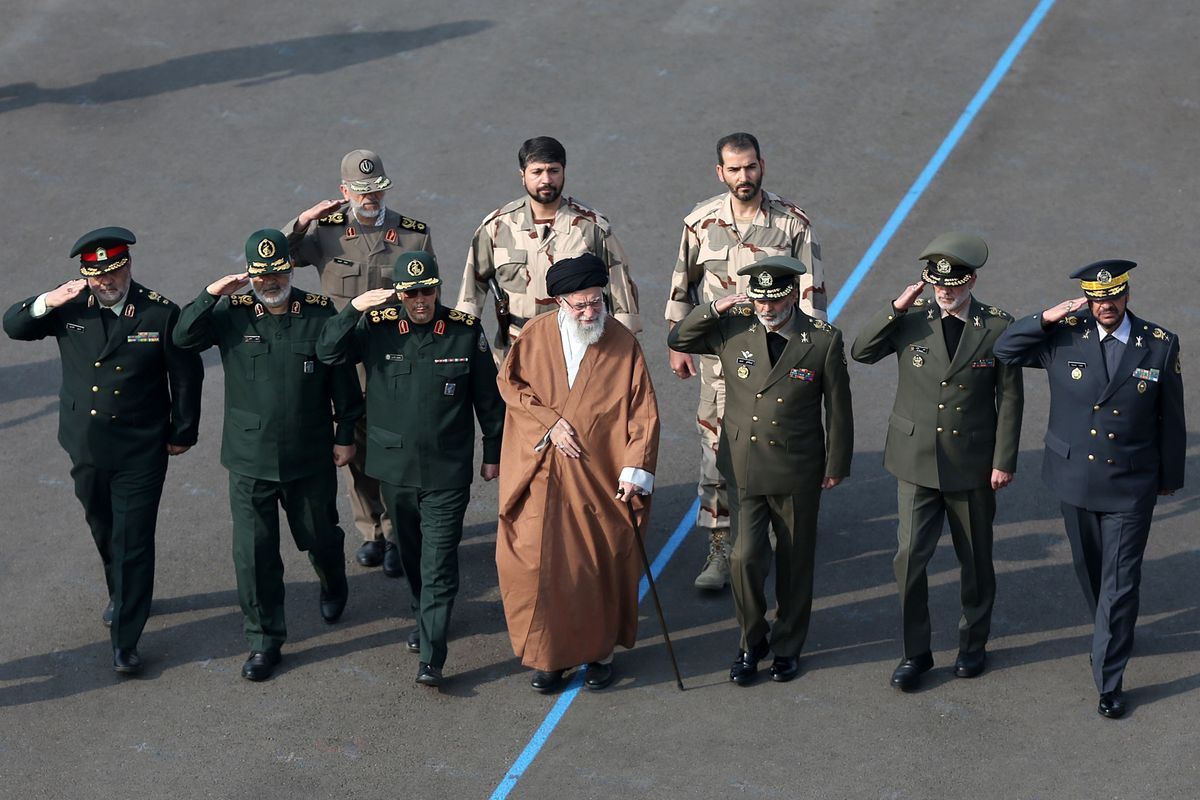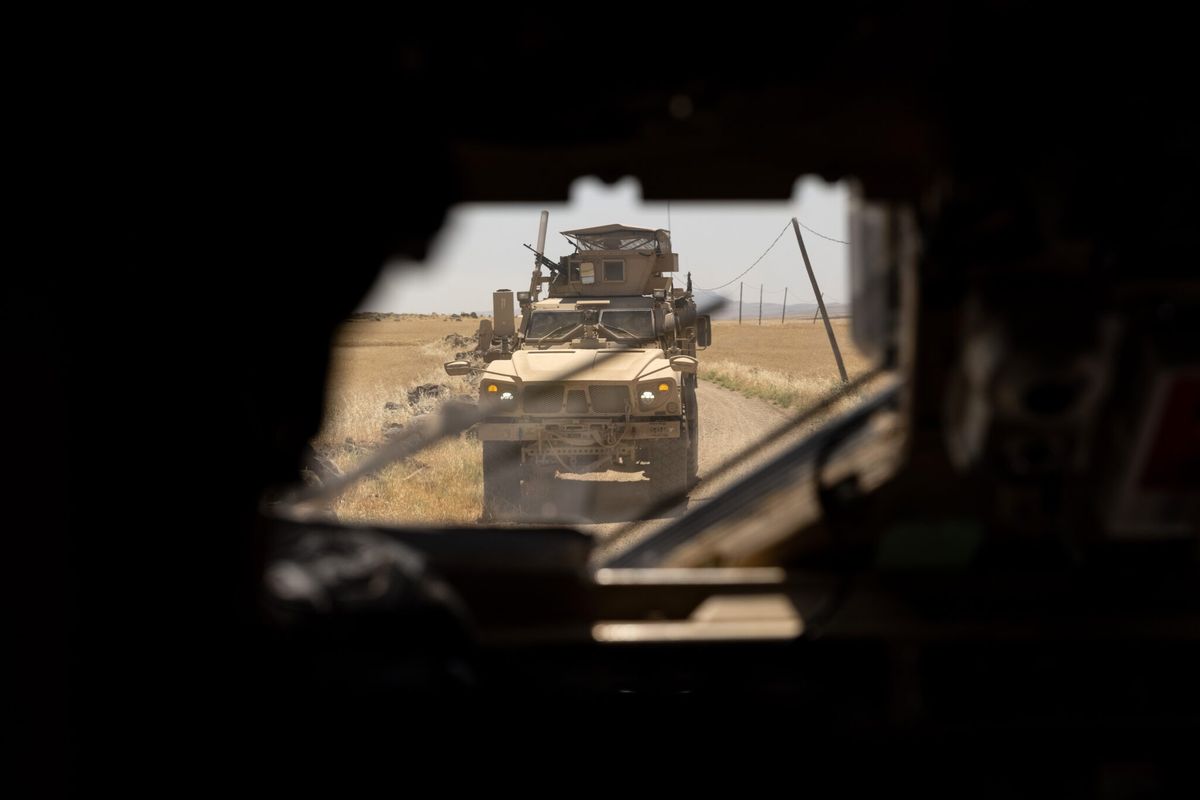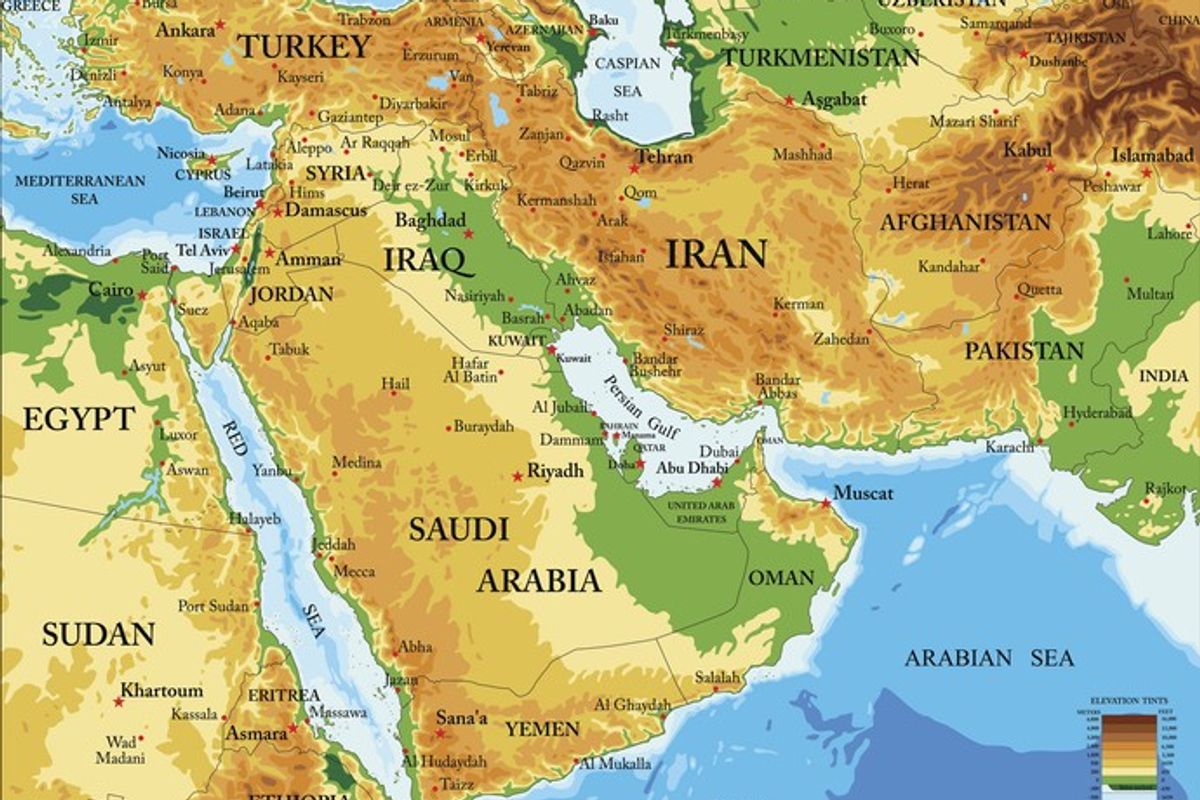The United States has long sought to export its system of liberal democracy abroad. In places where military juntas and dictators have risen – and where U.S. national interest aligns – the U.S. government has sought to implement regime change through both covert and overt means. While these efforts are difficult in themselves, the true challenge often lies in what comes after the moment that an undesirable regime falls. The Cipher Brief’s Fritz Lodge spoke with former Ambassador to Afghanistan and Iraq, Ryan Crocker, about how – and whether – the U.S. can guide a peaceful transition of power into the hands of a new government that is capable of accommodating the people it represents and becoming a partner for American interests.
The Cipher Brief: What are the biggest problems that need to be addressed the day after a country successfully changes a hostile regime in another country? Why is this so difficult to get right, in U.S. history specifically?
Ryan Crocker: It’s not the steps the day after, it’s the steps taken days, months, or years before. Before one embarks on regime change, one should be pretty confident in what will come out the other side, and it’s pretty hard to have that degree of confidence.
Regime changes are enormously consequential, and they set in motion a series of events that take place not on the second or third order, but on the 30th or 40th order. You have that in Iraq now. There is nobody who could have predicted that we would be where we are today back in 2003. When I left in early 2009, if someone had said “this is what it’s going to look like eight years on,” it would have been beyond my worst nightmares.
So the first thing we need to recognize, certainly in the Middle East, is the persistence of political cultures. The change of a regime, from within or without, does not necessarily change the political culture. These things will persist after regime change, and it is therefore going to be incredibly difficult to build up a new order from outside. If there were not legitimate institutions before, what makes us think that suddenly there will be legitimate institutions, particularly those created by an outsider?
My experience has led me to be very very cautious on this. If you’re thinking of changing a regime, you had better be absolutely certain that the evil which will ensue if you don’t is of sufficient magnitude that you literally have no other choice.
TCB: What are the key lessons that you took from your time in Iraq after 2003 – an overt regime change and subsequent occupation?
Crocker: The main one that I have taken away is that we actually can be a catalyst for positive developments going forward, but it requires an enormous investment and the political will to sustain that investment over an extended length of time.
In Iraq, we were prepared to make that investment in the form of the surge, and the political investment of top-level time and energy. We got some significant successes in Iraq during my tenure there because the President of the United States had made that his top international priority and was prepared to resource it and expend his own political capital on it. Anything less than that and you start sliding off the rails, which is exactly what happened with the advent of the Obama Administration.
So you have to ask yourself, “How much am I prepared to do and pay over an extended length of time to get this to come out right?” If you’re not willing to do that or the politics are such that you won’t be able to sustain this effort, you have to think again about the wisdom of doing it.
TCB: When you think about covert regime change operations – like the U.S.-backed coup in Iran in 1953 – does that lesson differ at all? How does the strategy change?
Crocker: The obvious difference of course is that we made no direct and continuing investments on the ground, and that is the gift that keeps on giving. It was a factor certainly in the 1979 Iranian Revolution, and I think it has a profound impact on Iranian decision-makers today. “The U.S. did it once and they may do it again.” This does not exactly create a climate in which one can reasonably discuss ballistic missile tests. The more the U.S. president spins up the rhetoric, the more Tehran remembers 1953 and the more determined they are to ensure they surrender nothing of consequence, militarily or politically. The operation in 1953 was also poorly executed. We completely miscalculated Mossadegh’s connection to the Soviets – there was none – and we went and did a coup via rent-a-mob. Then the U.S. and the UK went around bragging about it – just completely mindless.
TCB: How can the United States continue to support the transition of power after it has enacted covert action to effect regime change in a country, particularly when the U.S. hand in the regime’s rise to power must remain hidden?
Crocker: First I would say that it’s virtually impossible to keep the hand hidden. Long-term concealment is a near impossibility.
Coming back to the lessons I was describing earlier, I didn’t learn them in Iraq. I learned them in Lebanon in 1982. The Israelis had all they could take of Palestinian terrorist actions coming across the border from their safe haven in southern Lebanon, and Jerusalem wanted to finish that once and for all. Who could argue with that?
Israel certainly did finish the Palestinian’s ability to operate from Lebanon, but then what happened? Palestinian terror was gone, but it was replaced by Iranian and Syrian-backed Shi’a terror groups of an order of magnitude that the Palestinians could never have dreamed of. The bombing of the U.S. Marine barracks in Lebanon and the bombing of the Israeli headquarters in Tyre are the kind of unintended consequences that you get if you decide you’re going to overthrow somebody else’s established order.
TCB: What kind of diplomatic fallout can occur should it become apparent that the United States was covertly involved in effecting regime change, and how does this differ from the diplomatic challenges that face the U.S. following an overt regime change operation?
Crocker: It does not end well to put it mildly. On the covert side, nothing stays hidden, and on the overt side, we have a terrible track record. We’ve tried overt regime change followed by occupation in Iraq, and it was not so great. We have tried overt regime change not followed by an occupation, which is also not brilliant. And we have tried effecting neither regime change nor having an occupation in Syria. There are, in short, no good options.
TCB: How about dealing with the international reputational fallout that can come after the U.S. hand is revealed in a regime change? How can that be prepared for?
Crocker: The first thing we need to do is understand that while we may see ourselves as the ultimate anti-imperialist, anti-colonialist power, that is not how other regions of the world perceive us. They will see us as heirs to the Brits, the French, and the Russians as a colonial power. So we are starting behind the eight ball, and we never seem to appreciate that.
We are not really good at empathy, which is not sympathy. Empathy is understanding how the other side thinks, feels, and reacts. This is actually more important with our adversaries than with our friends, and we just don’t do that very well. So, when we rolled into Baghdad in 2003, the Iraqis saw the Brits rolling into Baghdad in 1920. We just don’t quite get that so we’re kind of screwed before we even start.
TCB: Last thoughts?
Crocker: I have been relentlessly negative here, but all that said, it is not an utter impossibility to make things track differently. By the end of the Bush Administration, I think that Iraq had more than a chance. But we had hardwired ourselves into their political system. They could not make compromises with each other; they could only do that if we were right in the middle taking something from one side and something else from the other side. That is obviously a commitment that the Obama Administration didn’t want to sustain. That’s fine, but you have to understand that if you don’t want to stay engaged at that level, the chances of things continuing to track well are precisely zero.













